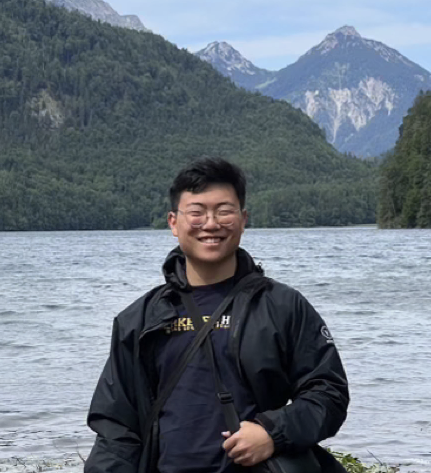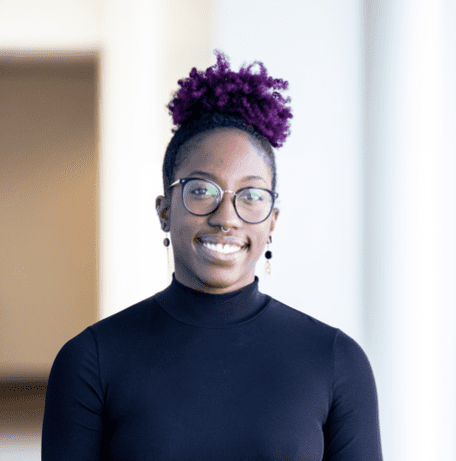Humans of Haas: Professor Daniel Himelstein
Written by Vedika Dayal.
How has quarantine been for you?
Obviously, in many ways, it’s extraordinarily frustrating. I much prefer being in class, in person. I love that aspect of my job, and you can’t capture as much group interaction online. I’m home now with both my kids and my wife. The biggest impact in my family is that my wife is an interior designer and her business has basically shut down. And I think that’s happening in every family to some degree. We’re all healthy though, which is what matters the most. The flip side is that there are silver linings. We have this opportunity to spend a lot more time as a family, and we’ve slowed down a lot. We eat dinner every night together, which hasn’t happened in forever. My daughter and I are going out for bike rides every morning, my wife and I are taking walks, and my son and I are kicking the soccer ball around every once in a while. It makes you take stock of what’s important and what’s less important.
Are there any changes you see yourself making after COVID-19 blows over?
In my career, internationally I’ve always been doing remote work, so this isn’t completely new to me. Still, professionally, I do think I’ll take a harder look at the kinds of things I can do online that would be effective in conjunction with doing things in person. For example, I think that office hours work better online, instead of having them at a set time in a physical location. I’ve been having more interactions with my students outside of class online than I do at Berkeley with office hours. It’s just easier to set up a Zoom call. Personally, I think behavioral change will be sequenced over time. There’s a lot of new things we’ll be doing over the next year that may seem like we’ll do them forever, but we may not actually. Hopefully, when this is all over, my family will continue to do some things more regularly but in all honesty, it’s hard to say.
How do you see the future of business after COVID-19?
Obviously, this is a once-in-a-century kind of experience. You can’t compare it to other down cycles in the same way. Still, we can look at situations in history that are relatively similar and learn something from them. In every down cycle, there are opportunities that certain industries benefit from and certain industries that completely lose, so to speak. I do think that we will see a similar type of thing, that there will be new innovation and changes that will be accelerated in the economy and other things that will disappear. I could definitely see a move towards a more green economy accelerating out of this because of rising health concerns, among other things.
Do you have any advice for small business owners struggling right now?
There are a lot of small businesses—designers like my wife or restaurants or a variety of other businesses—that don’t have outside funding and access to professional investors. That’s a scary place to be right now. The way you survive in that type of situation is by really thinking about your business model and being adaptable. For example, my brother owns a few restaurants in LA, and he has a pantry in one of his restaurants where he is selling basic items, like flour and eggs. Things like flour are in low supply but restaurants have access to them, so flour is flying out of the door for them. As a small business owner, you can find ways to adapt. For restaurants, I don’t think adaptation is just about having takeout and delivery. It’s about the new things you’re creating that can attract people. I know it’s hard to be creative when your cash flow is low and you’re in survival mode, but it’s also the most important time to be creative.
Do you have any advice for the Haas community at large?
My advice is that whatever ways we have to communicate, use them. However that interaction takes place, it’s important even just within your family. The terrible thing about all this is that some people are alone and are having a hard time reaching out, which is why communication is so important. The other thing is we want to be optimistic, but we have to do what we do in business all the time, which is scenario plan. You have to scenario plan for good possibilities but also bad ones. We find ourselves in a situation where all the media messaging is trying to sell us on how everything will be okay, but as business people, we have to take a deep breath and be honest with ourselves. We have to think about what all the trajectories could look like. I think in this situation, people would appreciate being told about it like it is. I would like to see that from leaders in every category, whether it’s professors or business leaders or politicians. My wife and I always say it takes a village to raise a child, but it also takes a village to get through difficult times.
By Vedika Dayal


